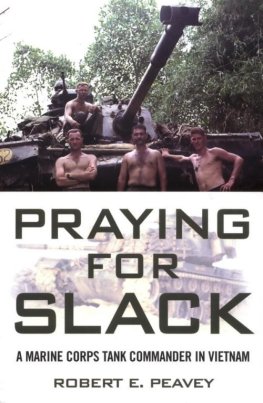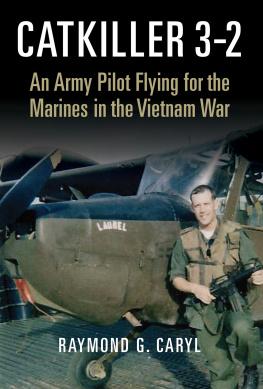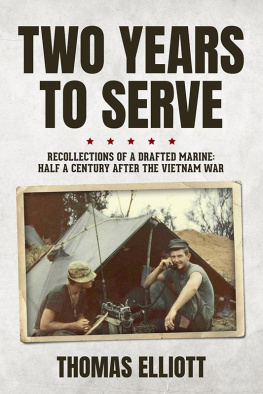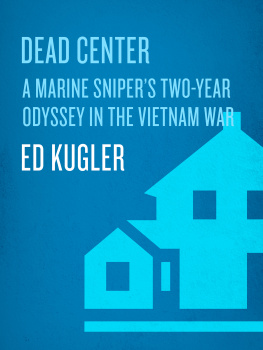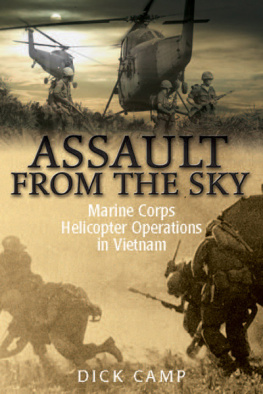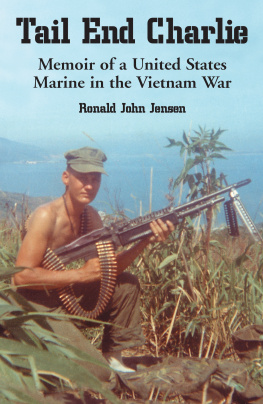Gunbird Driver




Naval Institute Press
291 Wood Road
Annapolis, MD 21402
2008 by the United States Naval Institute
All rights reserved. No part of this book may be reproduced or utilized in any form or by any means, electronic or mechanical, including photocopying and recording, or by any information storage and retrieval system, without permission in writing from the publisher.
Library of Congress Cataloging-in-Publication Data
Ballentine, David A.
Gunbird driver : a Marine Huey pilots war in Vietnam / David A. Ballentine.
p. cm.
Includes bibliographical references and index.
ISBN 978-1-61251-878-7 (ebook)
1. Vietnam War, 19611975Aerial operations, American. 2. Vietnam War, 19611975Personal narratives, American. 3. Military helicoptersVietnam. 4. Ballentine, David A. I. Title.
DS558.8.B354 2008
959.704'3092dc22
[B]
2008015579
14 13 12 11 10 09 08 9 8 7 6 5 4 3 2
First printing
MEMORIAL
For my mom, Ruth Ella (Kahn) Ballentine, the kindest person I ever knew. Thanks for loving me, Mom. And for my dad, Robert Leroy Ballentine, big-hearted, humorous, and fiery. He cut a wide swath.
DEDICATION
To my children, Travis David, Anna Violet, and Erin Lee, and to Marine helicopter squadrons of all time, especially those of the Vietnam War, particularly those who operated the UH-1Es.
CONTENTS




WHY I WROTE THIS
An e-mail from Dick Boston triggered this outburst. After years of no contact while we each pursued our separate lives, it came slamming: Old copilot checking in. It reminded me of an unusual mission we flew. Although Vietnam has been swimming around behind my eyes since I left, for the first time I began to set my thoughts to paper. As I wrote, a whole series of events and circumstances flooded back. And now that my hand is no longer strapped to some income-producing plough handle, I have time to give my mind free rein, to reflect, recall, vent, and record. It feels right.
This story is uniquely mine, but it is likely similar to accounts of dozens of young pilots in Marine Observation Squadrons (VMOs) and reflective in a general way of all air crewmen in those now-defunct units.
One reason I write is simply because I can. And because I can, maybe I owe it to the squadron, to everyone who was a member of Klondike, the squadron call sign. Someone needs to get off his ass and testify and, as arrogant as it sounds and as marginal as my talent may be, I guess its me. This record is warranted that we might whisper, if not shout, down through time: We were there, we did those things, and lived that way.
We were Klondike men, proud of it and attached to it in a way those who were not members cannot know. Men and women who go to war become part of their units forever. My story is about one experience in one helicopter unit, but hats off to all Marine helo bubbas, to Deadlock, Powerglide, Stationbreak, Bonnie Sue, Mohair, Whitegold, Clip Clop, Tarbush, Superchief, Barrelhouse, Northbrook, Switch, Buffalo City, Millpoint, Junkman, and any other Marine helo unit that flew in my war or any war.
An additional reason for this effort is probably vanity. I have hope this document will be retained in my family for the coming years, maybe even centuries. If it is, David A. Ballentine will be more than a forgotten name cast on a bronze plaque or carved in stone. He will be a person of some dimension, reflecting a life filled with human experience, a man, not just a name.
Finally, this record may be of some value in the montage of monographic personal experience accounts of the Vietnam War. I have read many; usually they are interesting and sometimes fascinating, but I see nothing about Marine UH-1E gunships. Yet they were of great value in prosecuting the war, misguided effort though it was.
LANGUAGE AND SITUATIONS
At the start of this effort I tried to say it nicely, to use words that would be okay in mixed company, although in this day that allows a wide swath of options. I tried, but I quickly threw in the towel. As I traced the episodes and personalities, including my own, the more the individual characters became vivid, the more I remembered how we expressed ourselves, and the more hopeless it was to clean it up. I have simply allowed my mind to drift back, to lapse into the language of the Marines with whom I served. The vocabulary of the Marine Corps, at least the young officers, is here.
The words fuck and shit were in virtually every conversation longer than a sentence or two and it was often included in the briefest of exchanges. Ross, what the fuck are you doin there? Where the fuck did Bernard go? Whose shit is this on my rack? These words decorated speech in a way that today might damage an officers career. There is sizzling verbal shorthand in cuss words. For instance, in a group of junior officers having a splash of wine, some lieutenant might say, This is pretty good shit, which is just the sort of to-the-point comment easily understood and accepted. If, on the other hand, hed said, This wine is pleasant, full-bodied with a fruity bouquet, having notes of chocolate and cherries and the slightest undertone of nutmeg, the response would have been much different. One in the group would surely have responded, What kind of mincing, pussy bullshit was that? Others would likely have chimed in, Yeah, what the fuck was that shit? A person had to get to the point and say it right. Cuss words were just the sauce called for and used.
One last thought, and I can think of massive exceptions, but the more dignified (senior) the officers rank, the less likely he was to say fuck. Maybe theyd outgrown it. Maybe they were taught in school to be a little nicer, to set an example for the kids and all, but none I knew seemed to be offended by it. I suppose they remembered their roots. Once they too had been at the rear of the ready room among the lieutenants, among the Buergers, Almidas, Almys, Bartleys, Wilsons, Rosses, Rankins, Pecoreros, Bodens, Andrews, Kufeldts, Motleys, Swinburns, Ballentines, and Petersons.
In addition to flying, Ive included information on living conditions. Some of these topics are indelicate, but including them paints a more complete picture of our lives.
Next page

